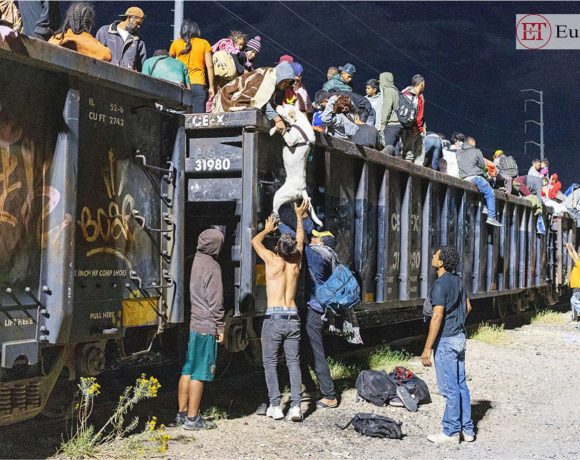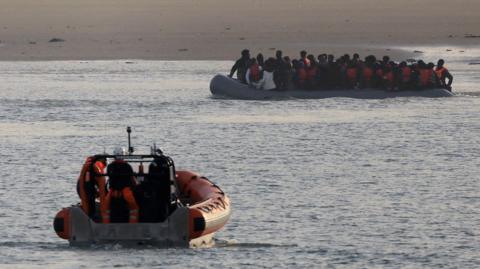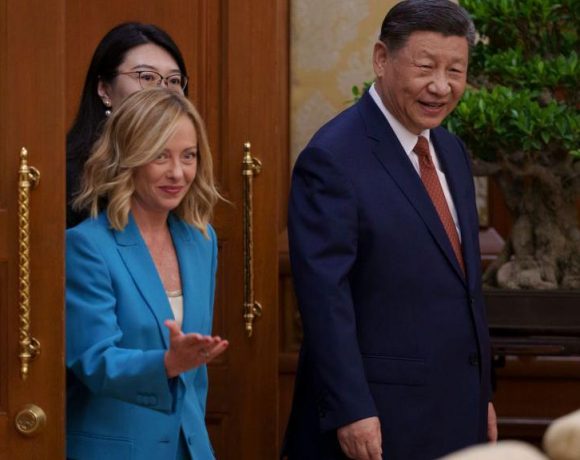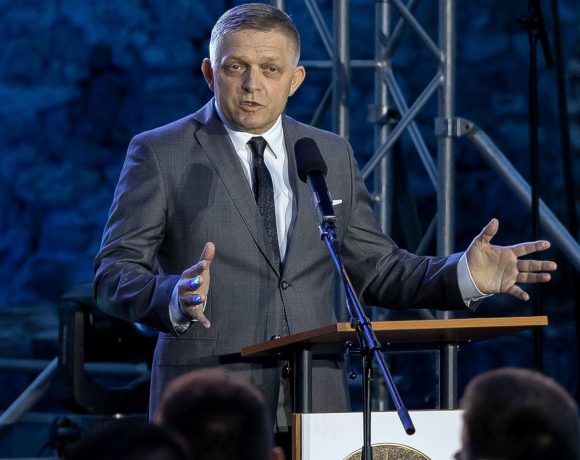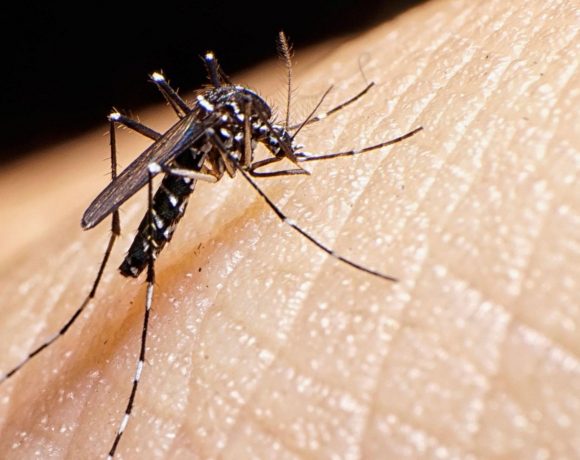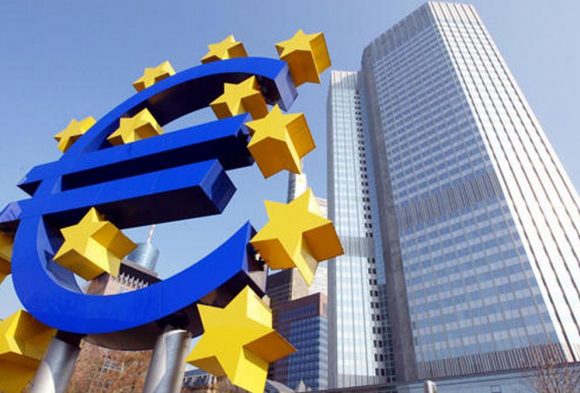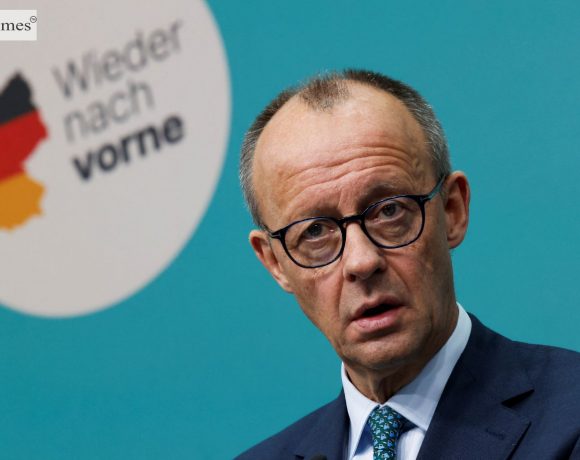
Britain and the European Union have taken their first legal dispute over post-Brexit fishing rights to the Permanent Court of Arbitration in The Hague. The case, which began on Tuesday, centers on whether Britain’s ban on fishing sandeels in its North Sea waters breaches the EU-UK Trade and Cooperation Agreement (TCA). A three-member panel of legal experts from France, New Zealand, and South Africa will hear arguments for three days and deliver a final ruling by late April. The ban, justified by Britain as necessary for ecological balance, has sparked tensions, with the EU calling it discriminatory and disproportionate.
Though the financial impact is minor, with Britain estimating a maximum revenue loss of £45 million for non-UK vessels, the political ramifications could be significant. A ruling against the ban may lead to EU retaliation, potentially straining Britain’s efforts to “reset” relations with the bloc under Prime Minister Keir Starmer. Environmental groups and Brexiteers have also urged the government to stand firm, creating further complications.
The case highlights broader tensions between the UK and EU, as both sides aim to resolve trade and regulatory disagreements post-Brexit. Britain is also exploring a veterinary agreement to ease food trade and closer defense cooperation with EU leaders. The fishing ban specifically affects Danish fleets that harvest sandeels for animal feed and oil production, while British vessels do not target the species.
Pic Courtesy: google/ images are subject to copyright


